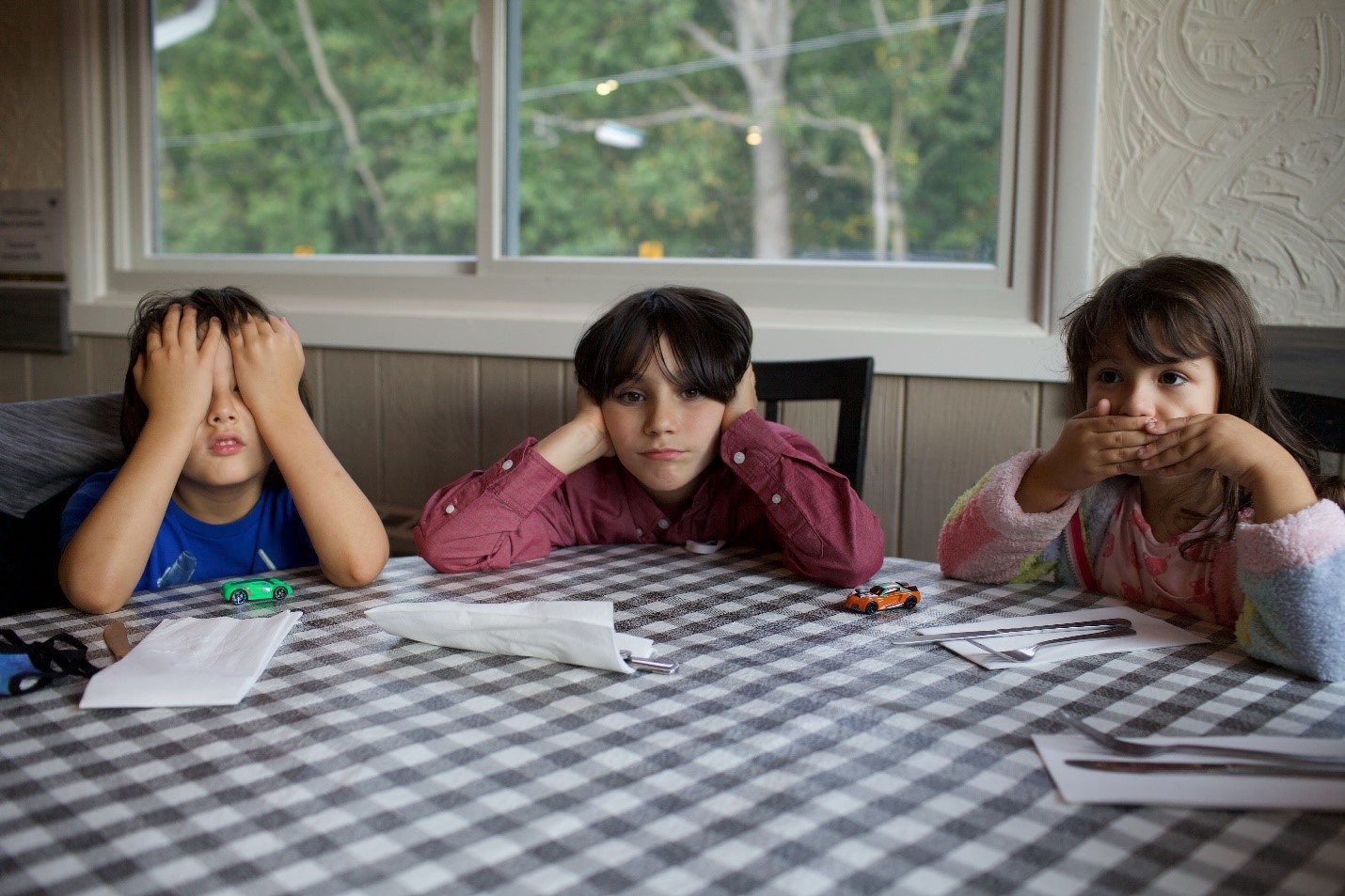Kids going through their parents’ divorce can feel stuck in the middle. They have to adjust to living in two places, following different rules, and maybe even seeing different friends and family. All they really want is to stay out of their parents’ fights and get along with both mom and dad (unless one of them isn’t nice to them, of course).
But some moms and dads make things harder. They see how tough it is for their kids to deal with everything and try to get them to pick a side. They might badmouth the other parent or make it hard for the child to see them. This is called parental alienation.
Impact of Parental Alienation on Children
The impact of parental alienation on children is profound and can manifest in various ways. Children who are subjected to parental alienation may feel guilty, unhappy, or angry. They may experience low self-esteem and trust concerns. In some cases, children may accept the alienating parent’s unfavorable perceptions of the targeted parent, which could result in a total rejection of that parent.
Furthermore, parental alienation can have long-term effects on a child’s ability to form healthy relationships and navigate their own future partnerships. They may struggle with intimacy, have difficulty trusting others, and experience challenges in establishing their own identities. That’s why it’s super important to deal with parental alienation right away and help these kids overcome these problems.
Signs of Parental Alienation
It’s important to catch parental alienation early to stop it from hurting your child any more. Here are some signs to watch out for:
- Your child acts mean or ignores the other parent for no reason.
- They start saying the same bad things about the other parent that the main caregiver says.
- They don’t want to see the other parent or do things with them anymore.
- Their whole attitude towards the other parent changes all of a sudden.
- They make up stories or exaggerate problems about the other parent.
It is important to note that – Just because your child does some of these things doesn’t for sure mean it’s parental alienation. There could be other reasons. However, if multiple signs are present, it’s best to talk to a professional to figure things out and get help for your child.
Factors that Contribute to Parental Alienation
Not everything is sunshine and rainbows during a break-up, and sometimes parents can get so mad at each other they forget about their kids. Here’s why this might happen:
- Lots of Fighting: When parents get divorced in a big fight, it can make parental alienation more likely.
- Parent doesn’t care about child’s feelings: Some parents get so caught up in being mad that they don’t realize they’re hurting their child by making them not like the other parent.
- Family and Friends Joining In: If people around a parent are also saying bad things about the other parent, it can make the kid believe them more.
- Past Problems: If a parent has a history of treating their child or the other parent badly, it might be easier for them to try and push the child away from the other parent.
Strategies to Help Children Resist Parental Alienation
Supporting children who are experiencing parental alienation requires a multi-faceted approach that prioritizes their well-being and emotional recovery. Parents concerned about parental alienation also need to help their children develop 4 capacities that will help them resist the pressure to choose sides. Here are these strategies that can help children resist parental alienation:
Critical Thinking Skills
When children think critically, they can understand where their thoughts come from and decide if they’re true or not. This helps them question ideas like thinking one parent is all good and the other is all bad. If a child is using critical thinking skills it is not likely that he or she can be programmed or brainwashed into rejecting one parent to please the other.
Considering Options
When placed in a pressured situation in which a child feels compelled to do as one parent asks (i.e., not spend time with the other parent, spy on that parent, and so forth), it is important for the child to slow down, not act right away, and consider his or her options. Doing so can prevent the child from automatically doing what the alienating parent is asking.
Listening to One’s Heart
When children learn to be themselves and stick to what they think is right, it’s harder for someone to trick them or get them to do things that hurt them in the long run. This could be like choosing sides between mom and dad, or doing something that makes one of them sad. Help your child figure out what’s important to them, and how to know when they’re going against those things.
Using Coping Skills and Getting Support
Children sometimes feel that they are the only ones who are dealing with a problem and that no one can understand what they are going through. Encouraging children to talk to other people such as friends, teachers, and other caring adults can help them feel less alone and can help them benefit from the wisdom and kindness of others. Children also have more internal resources (self talk, relaxation strategies) that they can develop and rely on in times of need.
By implementing these above strategies, parents and professionals can help children resist the pressure to choose one parent over the other and mitigate the damaging effects of parental alienation.
If you suspect that your child is experiencing parental alienation, it is important to seek professional help immediately. Remember, your child’s well-being is of utmost importance, and by taking action, you can help them resist the pressure to choose one parent over the other and promote their emotional recovery.









